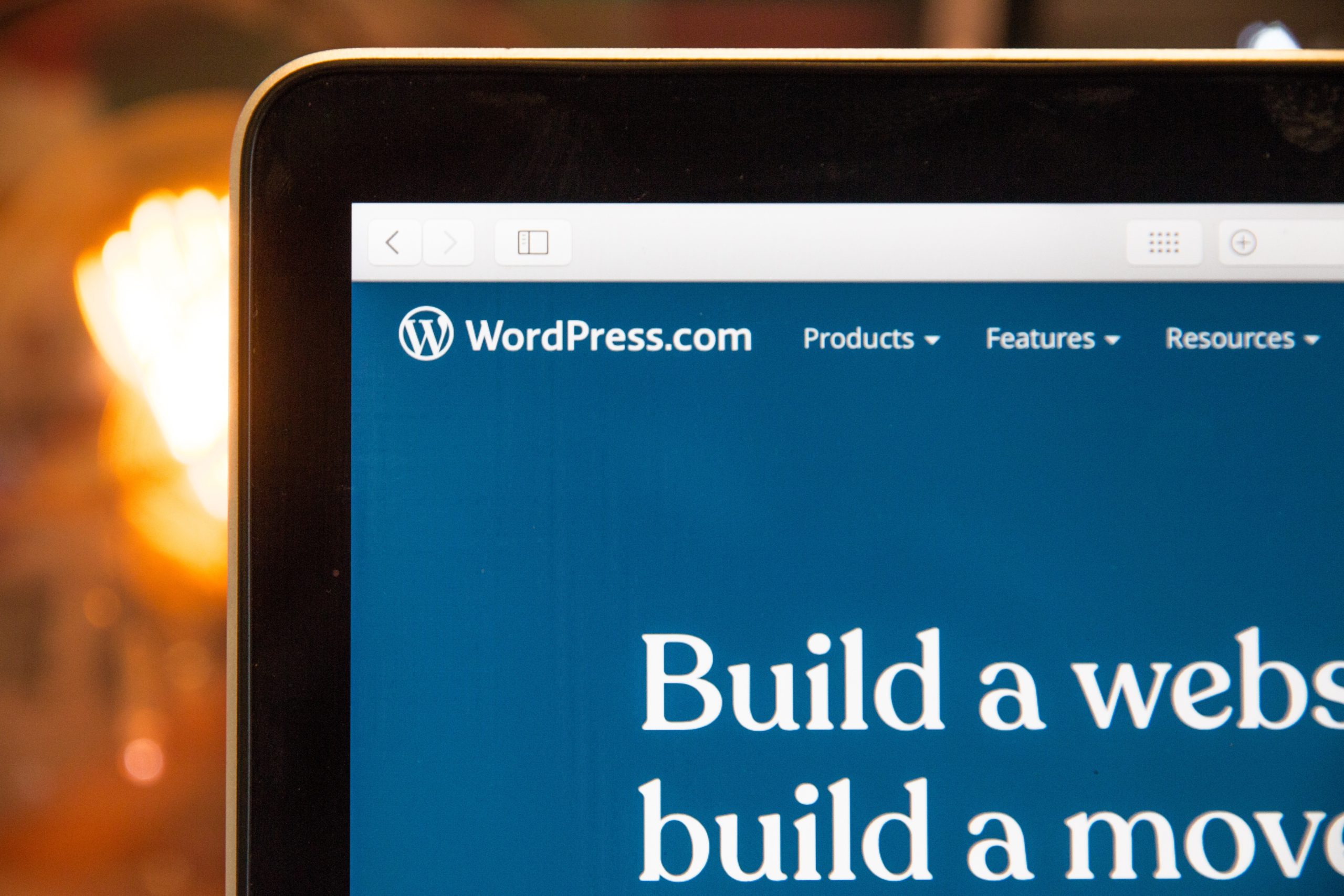The pros and cons of using WordPress for a website
Websites are central to any small business. They’re one of your biggest marketing assets and an essential customer relations tool, so it’s wise to put a lot of thought into the...
Filter by Category

Websites are central to any small business. They’re one of your biggest marketing assets and an essential customer relations tool, so it’s wise to put a lot of thought into the website building process.
When building your website, the first thing you’ll want to consider is which website building platform to use. There are several platforms out there, each with their own advantages, but one of the most popular ones is WordPress.
Before you get started with WordPress, here are a few pros and cons to using the platform for your small business.
It’s free to use
There are numerous costs involved when starting a small business. But thanks to WordPress, building your website doesn’t have to be one of them. Unlike many website building platforms, WordPress doesn’t cost anything to use. Once you have a domain name (note that this part will cost you money), you can download WordPress and start creating your website at no charge.
Although WordPress is free to use, keep in mind that there will be other costs involved in building a website depending on the features you need and your own design capabilities. But if you’re just getting started and need a reliable website for your business, then WordPress is an excellent tool.
Extremely customizable
One thing WordPress is praised for is its customization options. There are thousands of themes and plug-ins to choose from depending on what your small business needs. Whether you want to operate an online shop or you plan on pumping out a lot of blog content, WordPress allows you to fully customize your site in a way that makes the most sense.
And, for the most part, WordPress sites aren’t complicated to design for those who have no design or coding background. With all of the theme options and plug-ins available, all it takes is a little practice to find the right combinations. But if you want to go the extra mile and tailor your website to fit your exact business needs, there are tons of online resources you can turn to to pick up a few coding techniques.
It’s SEO-friendly
WordPress has long been considered the go-to platform for SEO optimization. While high-quality content is the foundation for a good SEO strategy, having a tool to guide you through the process is a gamechanger for a small business owner.
WordPress plugins like Yoast SEO outline exactly when and where to add search-friendly keywords, titles, and phrases that can help boost your site’s content. These kinds of features are important to consider as they will save you time and money in the long run when it comes to utilizing your website to gain more business.
Can require a lot of resources
While building a simple WordPress site for a small business is a task that can be done by someone without a design background, there may be times when you want to add something more advanced to your website. In these situations, it’s usually a good idea to outsource the project to a professional.
Getting outside help developing your website can be helpful–and result in a more professional looking site–but it can lead to additional overhead in the form of time and money. Not all small businesses have the resources to outsource, especially when starting out. If outsourcing your website design is something you plan to do, then it’s crucial to build that into your marketing budget before you get started.
Customizability
While customization is a strength of WordPress, it can also be its Achilles’ heel. The breadth of WordPress’s customization capabilities can be overwhelming to someone with zero experience with website design. Even those who consider themselves website designers can sometimes struggle with WordPress and its many features.
Plugins, for example, can be both a pro and a con. Most WordPress plugins are developed by third parties, so they may not be compatible for your site. And if they are, they can be harder to customize for your site without advanced developing skills. While it’s not impossible to learn how to build and develop a website for your small business, it’s a task that will require a lot of time and money that may be better used somewhere else.
WordPress updates
Another weakness of WordPress is that when WordPress updates its core platform, you eventually have to update your website. Waiting to do so means that your plugins might get out of synch with your WordPress version (or vice versa), causing security and operational challenges. Having a WordPress professional is usually not a requirement, but the more plugins you have the more likely you will need the help of one.
About Sam Lauron: Sam is a freelance lifestyle writer and a copywriter at Swyft, which has been listed as one of the best PR firms in Austin and a top digital marketing agency in Denver since its founding in 2011. Swyft has satellite offices where it offers PR in San Francisco and Houston.

If you’re just starting out, or if you’ve been too busy with other aspects of your business to think about marketing, you may be considering outsourcing your marketing efforts to...

So you’ve recently started your business and have been working hard to promote it. You’ve created a website because it is 2017 and without one your company wouldn’t survive for...